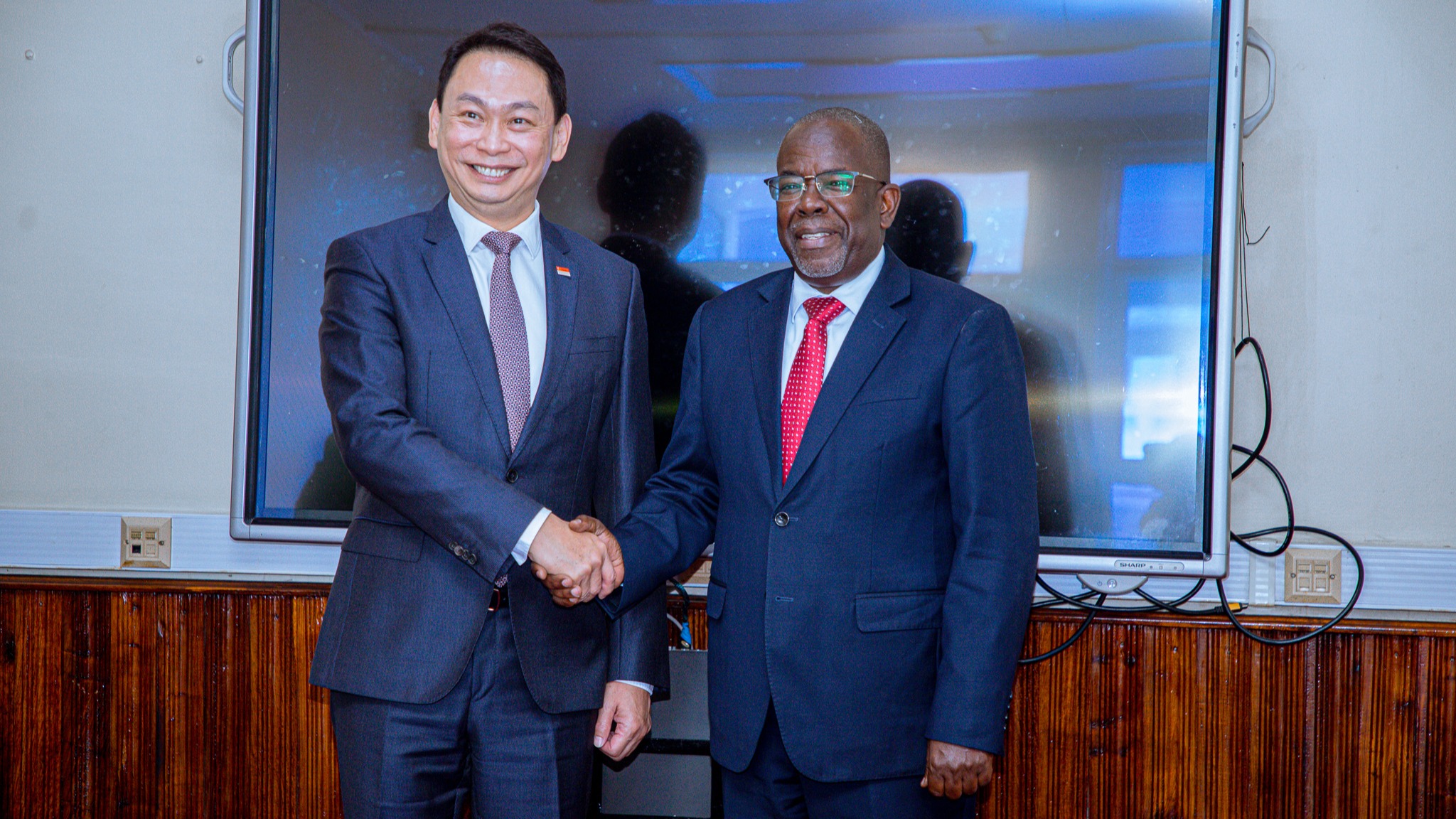On 24 April 2023 the IMF issued a report following the first review of the extended credit facility (ECF) Arrangement and the 2023 Article IV Consultation with Tanzania.
Tanzania’s economic reform program is continuing well despite the challenging global economic environment. The reforms focus on strengthening the economic recovery and supporting structural reforms to achieve sustainable and inclusive growth. The reforms aim to strengthen the fiscal position so Tanzania can increase social spending and public investment, while improving financial sector supervision and advancing structural reforms.
The effects of the war in Ukraine combined with domestic issues have slowed Tanzania’s economic recovery after the pandemic. The economy recovered with growth of 4.9 percent in 2021, but real GDP growth is estimated to have decreased to 4.7% in 2022, due to the impact of global economic conditions and problems for agriculture from insufficient rainfall. In 2023, economic growth is projected to recover to 5.2% as the business environment improves.
Although the economic recovery is expected to continue and the outlook is favourable in the medium term, there are uncertainties resulting from global economic issues. Tanzania must remain committed to reforms to strengthen the economic recovery, and continued capacity development is needed, with the support of the IMF.
The report notes that Tanzania needs to implement structural reforms to promote inclusive and sustainable growth. The business regulatory regime needs to be simplified and regulatory transparency should be increased. Establishing a risk-based approach to the anti-money laundering/combating the financing of terrorism (AML/CFT) supervisory framework would improve governance. As Tanzania is vulnerable to the effects of climate change, more resilience must be built up through appropriate mitigation and adaptation policies.
The draft budget for 2023/24 is based on conservative revenue and expenditure projections and aims to achieve fiscal consolidation while safeguarding priority social spending. The IMF backs the plan for fiscal consolidation and notes that the creation of additional fiscal space will allow room for the necessary priority investment and social spending. The IMF report therefore encourages the government to enhance domestic revenue mobilization; improve efficiency of expenditures; and strengthen public finance management and transparency.













